“AI in Video Gaming: Revolutionizing the Digital Realm”
Envisioning a Pixel-Perfect Future: AI’s Transformative Role in Video Gaming
In an era steadily marched forward by technological advances, a bold proclamation by Nvidia’s CEO, Jensen Huang, has cast a spotlight on the future of video gaming – a future where artificial intelligence (AI) could be at the helm, crafting entire digital realms “where every pixel is generated at real-time frame rates.” This remark, made at the GPU Technology Conference, encapsulates a vision that sounds straight out of a science fiction narrative. Yet, with advancements in AI and machine learning, this future is becoming increasingly tangible, potentially within the next five to ten years. As someone deeply involved in the AI landscape, splitting my time between consulting on AI solutions at DBGM Consulting, Inc. and engaging in AI research, I’ve witnessed firsthand the rapid pace at which this technology is evolving.
<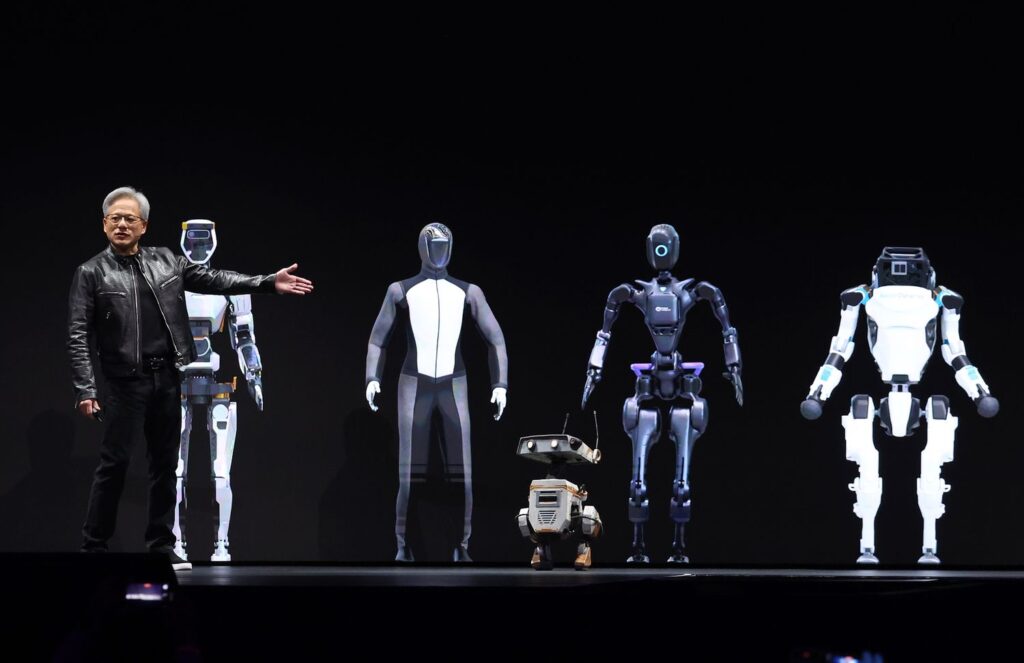 >
>
The Current Landscape of AI in Video Gaming
The integration of AI in video game development isn’t a novel concept. Game engine developers like Unity have long been harnessing AI to improve efficiencies, create assets, and generate code. Yet, the potential for AI to not only assist in the creation of games but to autonomously design entire virtual experiences is a monumental leap forward. This transition promises to redefine the boundaries of gaming, turning static pixels into dynamic narratives crafted in real-time.
<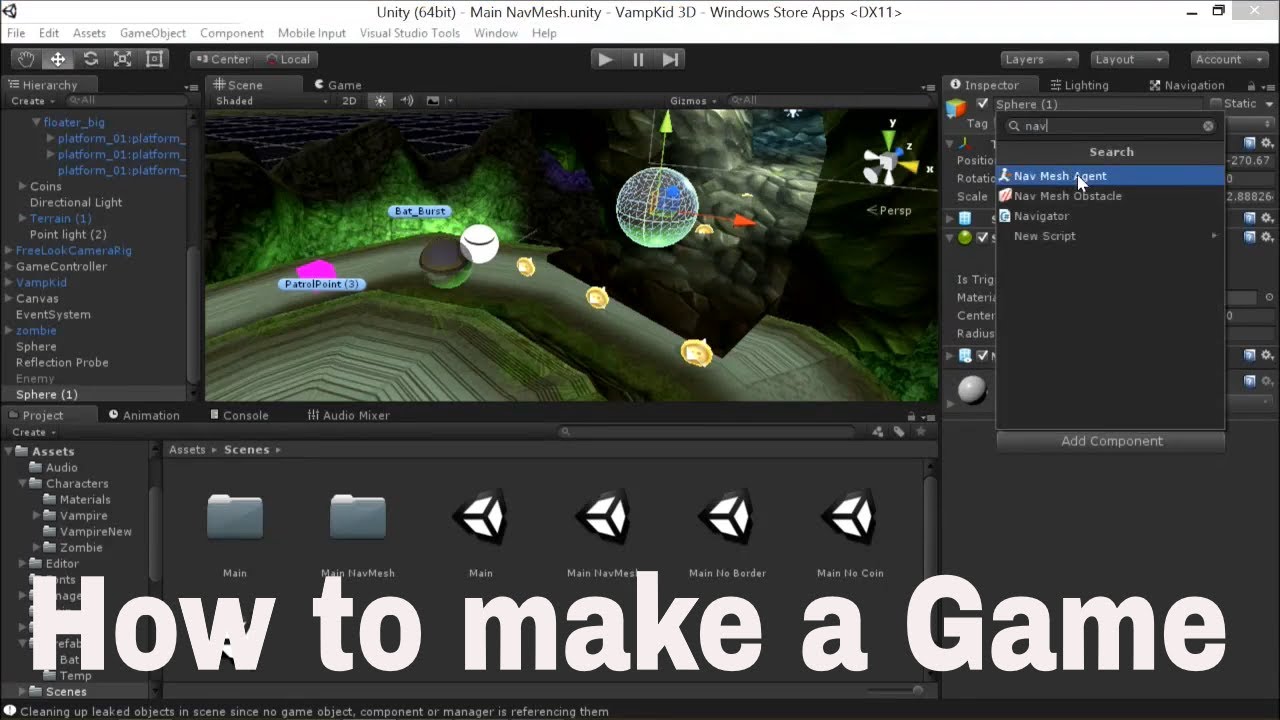 >
>
Challenges and Opportunities
The aspiration to generate three-dimensional worlds through AI poses both technical and ethical puzzles. While image and video generator models have seen significant advancements, translating these capabilities into generating interactive, real-time 3D spaces presents a complex challenge. Additionally, the burgeoning ability of AI to create without direct human input raises pressing copyright issues, echoing concerns expressed in other creative fields.
NEO NPCs and the Future of AI Interaction
Ubisoft’s endeavor into AI-powered non-playable characters (NPCs), dubbed “NEO NPCs,” demonstrates a practical step towards immersive, AI-generated gaming worlds. These NPCs, capable of conversing naturally with players, exemplify the potential of AI to enrich gaming experiences by adding depth and realism to digital characters.
Democratization of Game Development
One of the most profound implications of AI in game development is its potential to democratize the creation process. The advent of user-friendly AI tools means individuals lacking extensive coding skills might soon contribute significantly to game development, envisioning and realizing complex projects with AI as their primary toolkit.
< >
>
Conclusion: A Future in Flux
While the vision for a future dominated by AI-generated gaming worlds brims with excitement, it is tempered by uncertainty and ethical dilemmas, particularly regarding copyright and creator recognition. Yet, the prospect of exploring digitally crafted realms that adapt and evolve in real-time remains an exhilarating potential outcome of AI’s ongoing integration into the fabric of video gaming.
<
>
In reflection, my time at Microsoft and my academic journey at Harvard University, focusing on AI and machine learning, have ingrained in me a cautious optimism towards AI’s role in our future. As we stand on the cusp of this transformative era in gaming, it’s imperative to navigate its challenges with a judicious blend of enthusiasm and ethical consideration, ensuring that the revolution in the digital realm remains inclusive, fair, and boundlessly creative.
Focus Keyphrase: AI in video gaming
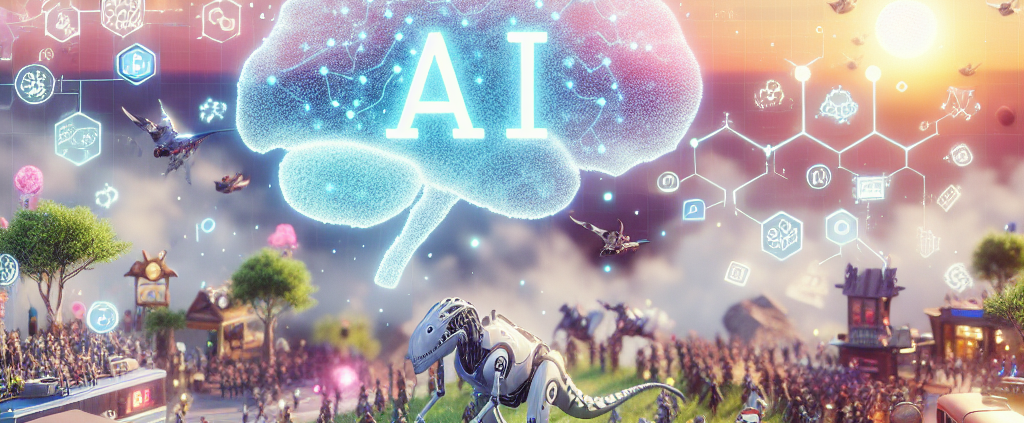
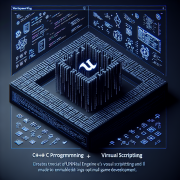
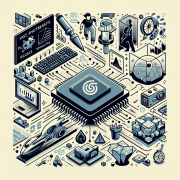
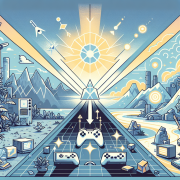


“Excited to share my insights on the future of AI in video gaming. This piece reflects my journey through AI’s evolving landscape, witnessing its potential to transform gaming into experiences beyond our imagination. I wrote this to share a glimpse of this fascinating future, highlighting both its opportunities and the ethical considerations we must entertain. Let’s navigate this evolving digital realm with optimism and a critical eye.”
“As a network engineer and computing enthusiast, I’m both intrigued and concerned about the vast potential of AI in gaming. The idea of living, breathing game worlds crafted by artificial intelligence is revolutionary but does come with a laundry basket of ethical and technical challenges. Your article beautifully navigates these complex waters. However, I remain cautiously optimistic, questioning how we might preserve creativity and human touch in this new era. It’s definitely a topic worth keeping an eye on as we tread into somewhat uncharted territories.”